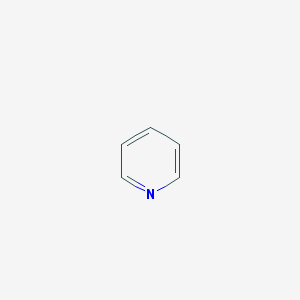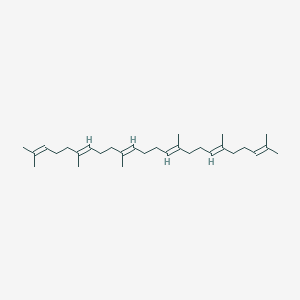Chinese and American researchers found that the combination of diphosphonic acid and rapamycin can treat drug-resistant lung cancer
-
Last Update: 2020-04-03
-
Source: Internet
-
Author: User
Search more information of high quality chemicals, good prices and reliable suppliers, visit
www.echemi.com
Chinese and American researchers said Tuesday they have found a promising treatment for drug-resistant lung cancer The results showed that the survival time of mice with cancer could be doubled by using rapamycin, a drug for osteoporosis and an immunomodulatory drug The study, published in the US journal of Science Translational Medicine, was aimed at lung cancer with mutations in the KRAS gene KRAS mutation is a common gene mutation, which can be seen in 20% to 30% of lung adenocarcinoma (a common lung cancer), 40% of colorectal cancer and more than 90% of pancreatic cancer It often leads to drug resistance of cancer Therefore, when some cancer drugs are used in clinic, it is required to detect KRAS mutation in patients first In the mouse experiment, Zhang Yonghui, Professor of Tsinghua University and Dr Xia Yifeng of Salk Institute of biology in the United States, as well as colleagues of the University of Illinois, adopted the strategy of combination of diphosphonic acid and rapamycin to treat KRAS mutant lung adenocarcinoma Zhang Yonghui said that the two kinds of drugs have a strong synergistic effect in the body, and will work together to kill the cancer cells mutated by KRAS In the experiment of mice, the tumor reduced greatly, and the survival time of mice increased from 28 days to 54 days, nearly doubling Zhang Yonghui stressed that this work does not show that they have found a final solution to the KRAS mutation, and whether it can ultimately benefit patients, but also depends on the results of clinical trials.
This article is an English version of an article which is originally in the Chinese language on echemi.com and is provided for information purposes only.
This website makes no representation or warranty of any kind, either expressed or implied, as to the accuracy, completeness ownership or reliability of
the article or any translations thereof. If you have any concerns or complaints relating to the article, please send an email, providing a detailed
description of the concern or complaint, to
service@echemi.com. A staff member will contact you within 5 working days. Once verified, infringing content
will be removed immediately.







